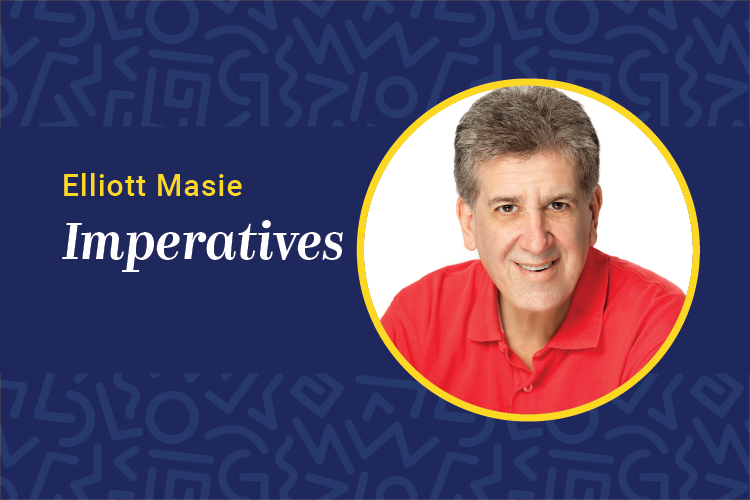The learning management system has been with us, in various forms, for more than 20 years.
Its early role was to serve the enterprise. First, it was used to monitor and optimize corporations’ licenses with third-party e-learning providers. Then, the LMS expanded its role to monitor and comply with compliance and regulatory requirements for learning and certification. Along the way, it tilted to build learning portals, integrate with talent systems and increase alignment with competency management systems. All are good and noble needs of the enterprise. But what about the learner’s needs?
Today’s learners are increasingly in charge of their own learning processes. While an organization will prescribe key face-to-face or structured e-learning programs, learners are increasingly making more of the critical choices to improve and personalize their learning efforts — often without LMS support.
Here is an imaginary wish list from a group of learners asking for what they want, need and desire.
My complete and wide learning profile: The LMS does a fine job of enrolling and tracking our participation in structured learning offerings within the organization. But I would like to see a sharable profile addressing the full 360-degree view of my learning efforts and accomplishments, including:
- Open source video content from places like TED or MITx.
- Participation in internal or external conferences and events.
- Projects within the company or stretch assignments.
- On-the-job learning connections and assignments.
- Learning efforts paid for by the company via tuition reimbursement mode, but absent from the LMS.
A visual learning scoreboard for me: Give us a graphical scoreboard that illustrates past, current and future learning efforts — updated and highlighted with our progress and compliance requirements. At a glance, we would love to see our personal learning picture.
Personalization preferences: Each of us has unique learning preferences. Some of us want to have deep conceptual information first. Others want to experiment in a lab setting, and still others want to dialogue and learn with peers. The LMS should map our preferences based on patterns from our learning efforts as well as requests directly from us. Ideally, designers, teachers or the adaptive learning components of the LMS would use these preferences to give the learner a “one-size-fits-one” learning mode.
Remember what we know already: Sometimes, the organization seems to have amnesia about what we already know. Modules in a new class or e-learning frequently address the same content we mastered in a previous course. Can’t the LMS track and adapt the curriculum around previously mastered content? Why does every management program seem to address the same content, often with the same graphs, replicating material and boring us to death?
Study Amazon’s marketing strategy and send us mini updates: Send us a link to a short video clip that extends the content from a previous class or maps to our performance objectives. Remind us, on a personalized level, of mini learning experiences we can have every day.
Depart from the learning transcript: When we leave this organization, after many hundreds of hours of dedicated learning, there is nothing that we can take to our interview or next job that maps our learning progress. In a marketplace economy, there is an assumption that we will move on. Let the LMS give us a transcript.
Promote collaboration and trust: Don’t think of collaboration as unstructured social mingling. Give us information on which colleagues would be ideal for support, expertise or peer learning.
Use small big data: We know the LMS collects large amounts of big data about learning activities and effectiveness. Learners would love a slice of this data — giving each of us a window into our own effectiveness and comparative learning activities. Build a small learning data aspect for us.
The LMS should listen carefully and clearly to the learners. They will drive the next generation of development. Serve their learning needs and the enterprise will prosper.















